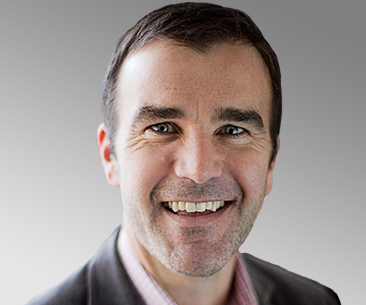
Attracting and retaining talent is the No. 1 issue facing agencies, at least judging by the concerns shared by attendees at the Digiday Agency Summit in Austin, Texas, this week.
When asked to write down the biggest challenge they face, talent-related issues appeared the most times. For a big agency like Razorfish, which has 1,500 employees worldwide, a typical year sees one in four employees leave the agency. In China, that figure is 50 percent. Pete Stein, global CEO of Razorfish, said employee churn is simply the cost of doing business.
“Recruiting has to be a core competency,” Stein said. “You have to have a very clear recruiting strategy. We have a very robust intern program. Every year you have 80 or 100 interns who come through in the U.S. alone. We hire about 60 percent of those. You need to also focus on retention. If you can keep it down to 20 percent versus 25 percent, that’s a lot of people you don’t need to re-recruit and retrain.”
What’s more, agencies like Razorfish now face more competition than ever for digital specialists, not just from other agencies but also from the likes of Google, Facebook and startups that seemingly pop up left and right.
“You’re competing with agencies, publishers, clients, ad tech, startups,” he said. “Everybody needs the talent in this room. There is a talent crunch.”
Watch a three-minute video clip below in which Stein discusses the talent challenge and how Razorfish builds a culture that attracts and retains the best talent.
View From the Top first 3 min from Digiday on Vimeo.
More in Marketing

WTF are tokens?
When someone sends a prompt or receives a response, the system breaks language into small segments. These fragments are tokens.

AI is changing how retailers select tech partners
The quick rise of artificial intelligence-powered tools has reshaped retailers’ process of selecting technology partners for anything from marketing to supply chain to merchandising.

YouTube’s upmarket TV push still runs on mid-funnel DNA
YouTube is balancing wanting to be premium TV, the short-form powerhouse and a creator economy engine all at once.





